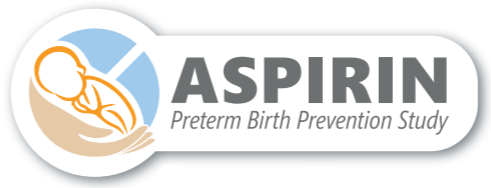
ASPIRIN NEURODEVELOPMENT FOLLOW-UP
Current Research: A total of 620 children will be enrolled in this study from six sites in sub-Saharan Africa, South Asia, and Latin America. Half of the children's mothers will have taken aspirin and half will have taken placebo. This will allow the researchers to compare results of the two groups of children and determine if children exposed antenatally to low dose aspirin will have no significant difference in neurodevelopmental behavior than those of their peers.
Preterm birth (PTB) remains the leading cause of neonatal mortality and long-term disability throughout the developed and developing world. A growing body of evidence suggests that 1st trimester administration of low dose aspirin can reduce the rate of PTB substantially. The Global Network developed and completed a randomized multi-center clinical trial to examine whether administration of aspirin between 6-12 weeks of pregnancy would reduce the risk of a pre-term birth(s). The ASPFU (ASPIRIN Neurodevelopment Follow-Up) study will examine the long-term neurodevelopment effects of aspirin in toddlers born from the ASPIRIN study (ClinicalTrials.gov).